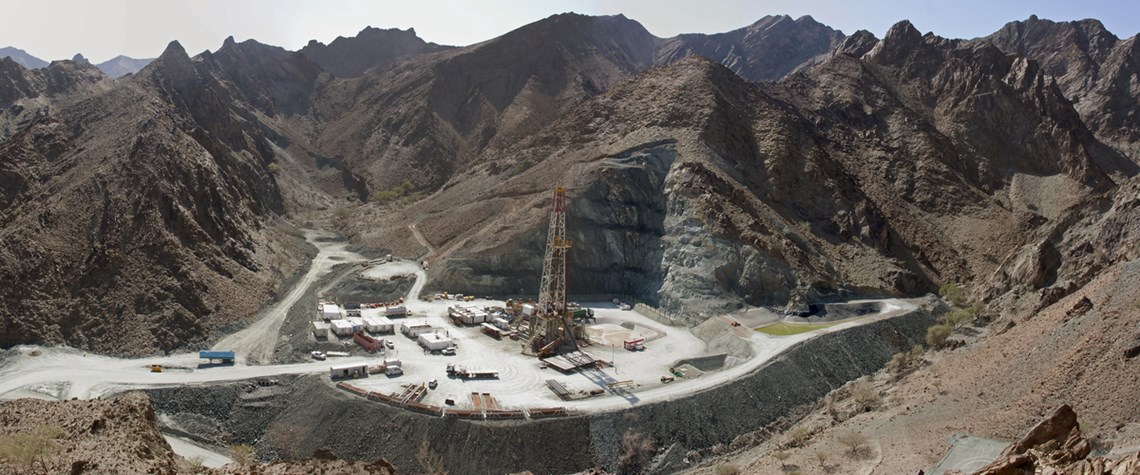Muscat's oil plans in disarray
The sultanate’s upstream development projects have taken short and longer-term hits
The Omani government is not having a good year oil-wise. The new Opec+ agreement to cut 9.7mn bl/d of production from 1 May requires the adherents, including Muscat, to reduce output by nearly a quarter. The heavily oil revenue-dependent sultanate’s original 2020 budget was based on an average price of $58/bl and more than 900,000bl/d production—which, even then, would have entailed a $6.5bn deficit. With average prices in April being less than half of the government’s assumptions, the new requirement to also slash sales volumes rubs salt in a painful fiscal wound. The impact of both will mean deep spending cuts. And the twin tracks of the country’s upstream policy—to stanch declines at agei

Also in this section
18 February 2026
With marketable supply unlikely to grow significantly and limited scope for pipeline imports, Brazil is expected to continue relying on LNG to cover supply shortfalls, Ieda Gomes, senior adviser of Brazilian thinktank FGV Energia,
tells Petroleum Economist
17 February 2026
The 25th WPC Energy Congress, taking place in Riyadh, Saudi Arabia from 26–30 April 2026, will bring together leaders from the political, industrial, financial and technology sectors under the unifying theme “Pathways to an Energy Future for All”
17 February 2026
Siemens Energy has been active in the Kingdom for nearly a century, evolving over that time from a project-based foreign supplier to a locally operating multi-national company with its own domestic supply chain and workforce
17 February 2026
Eni’s chief operating officer for global natural resources, Guido Brusco, takes stock of the company’s key achievements over the past year, and what differentiates its strategy from those of its peers in the LNG sector and beyond







